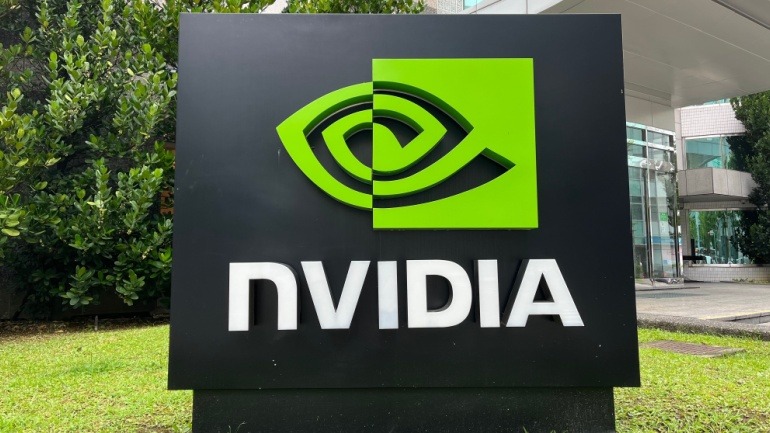The UK government and NVIDIA have partnered to boost AI research in UK universities. Through new programs and a dedicated AI Technology Center, the collaboration aims to advance AI and 6G innovation, provide researchers with critical tools.
Twelve major European mobile operators urge regulators to allocate the upper 6GHz band for mobile use, warning that delays could hinder Europe’s 6G future. They argue the spectrum is vital for innovation and say Wi-Fi already has enough capacity, stressing the need to secure Europe’s technological edge.
Digital Catapult joins a major Horizon Europe-backed 6G initiative to advance smarter, faster, and sustainable networks. Collaborating with global leaders like Samsung and Nokia, the project explores AI integration and Open RAN technologies.
As the buzz around 6G grows, a pressing question emerges: Is 6G inevitable, and will it surpass 5G? While advancements in 5G dominate current efforts, the discourse on the transition’s timing and necessity is gaining momentum. Significant investments are being funneled into enhancing networks, potentially redefining VoIP solutions.
The European Telecommunications Standards Institute (ETSI) is driving the future with its groundbreaking report on 6G networks. The focus on Integrated Sensing And Communications (ISAC) promises to revolutionize industries by blending communication with sensing technology.
Samsung and KT are pioneering 6G innovations by advancing multi-antenna technologies to enhance signal quality and coverage. Incorporating AI into telecom systems, they aim to improve network stability and performance. The collaboration focuses on X-MIMO systems to deliver faster, reliable connectivity.
Samsung and KDDI Research are spearheading the integration of artificial intelligence into future 6G networks. By enhancing multiple-input multiple-output (MIMO) systems with AI, they aim to boost transmission speeds and network capacity, revolutionizing mobile networks.
The Next Generation Mobile Networks Alliance (NGMN) has unveiled a transformative roadmap towards 6G. This framework addresses current 5G challenges, emphasizing a seamless evolution that integrates cutting-edge technologies.
Ofcom is consulting on the future use of the upper 6GHz spectrum, potentially allowing both mobile and Wi-Fi networks to share it. The proposal suggests immediate Wi-Fi access, with a possible split for mobile use by 2027.
Keysight Technologies and the University of Malaga have launched the Malaga 6G Research and Innovation Lab to advance 6G technology. This facility will foster collaboration across industry and academia, focusing on areas like AI-enhanced network performance, digital twins, and secure, scalable architectures.













